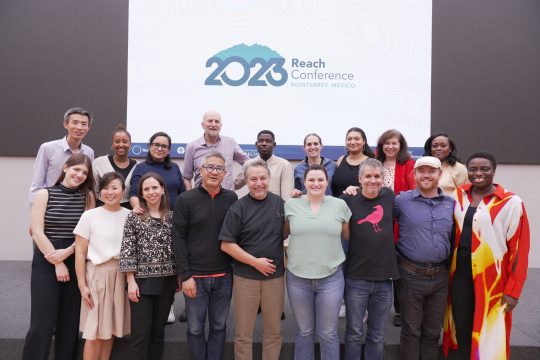Nutrition and inadequate teacher training are among the primary challenges in Early Childhood Development (ECD) in South Africa. Research indicates that 27% of children aged between 0 and 6 years in the Western Cape live below the poverty line, which has a direct impact on their overall well-being. Among these children, approximately 5.2% show stunted growth due to malnutrition. Furthermore, 35.2% of the said children fall behind the expected standard for early learning (Thrivebyfive, 2022). This suggests that a significant number of young children are not reaching critical developmental milestones. The quality of teaching is equally concerning as only 34% of local ECD centres’ employees have the required NQF 4 or 5 entry-level qualifications (Department of Basic Education, 2021). Inadequate teacher training and teaching hunger-stricken children can drastically limit the development and future potential of children during the crucial early years of their lives. Lack of proper nutrition and mental stimulation during this period increases the risk of facing long-term cognitive, physical, and socio-emotional challenges.
This case study will explore the implementation gaps in nutrition provision and practitioner training at ECD centres in Cape Town’s informal settlements and townships. The focus will be on the current state of such interventions and how they influence access to quality education among Cape Town’s vulnerable socio-economic communities. By examining how these factors influence early learning outcomes, the study aims to identify effective strategies for improving the quality of EC education in marginalised areas.










